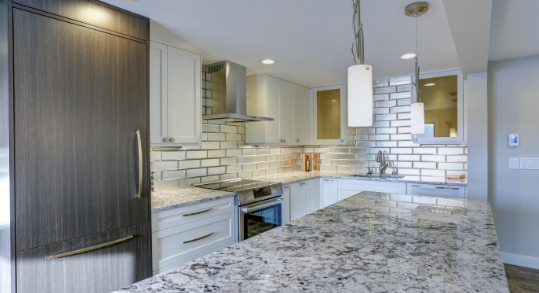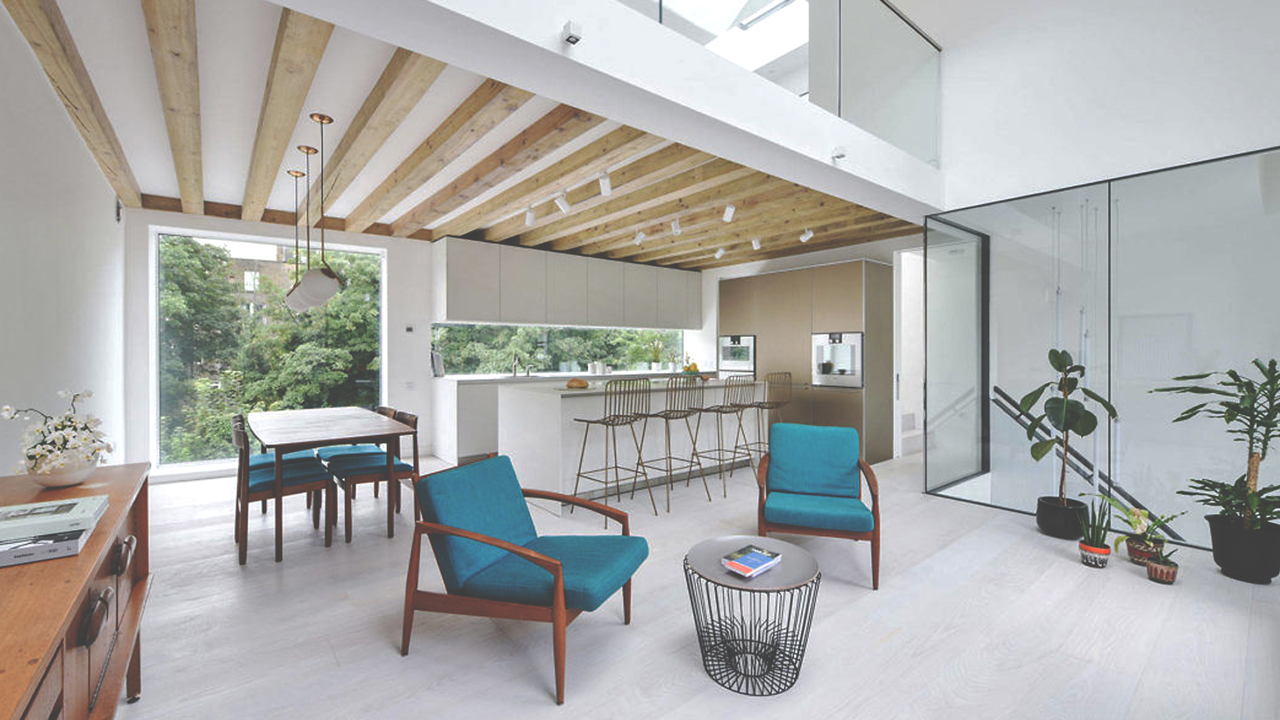It’s no surprise that soapstone is gaining popularity as a countertop surface. Some find that its subtle beauty and natural softness fit well in their kitchen. However, there are a few things you need to consider before including it in your kitchen remodel. It possesses a few unique features that make in less than ideal for use inside of some kitchens. It’s important to understand these properties before you settle on installing it in your kitchen, and keep them in mind as you’re shopping for countertop materials.
Soapstone’s Natural Properties
This 2012 Houzz article detailed some of the reasons why homeowners install soapstone countertops. Many people find that its distinct look matches their kitchen décor scheme well. Others like the fact that it darkens with age, especially with the periodic application of oil treatments to its surface. Additionally, it is one of the more durable types of stone available for counters, and it resists heat damage from hot cookware, liquids and other materials. It’s also hard to stain, even with substances such as wine or coffee.
However, this variety of stone does have its disadvantages. For one thing, its requirement for regular oiling makes its upkeep more expensive than other types of counters. Secondly, its softness also means it’s more susceptible to nicks, scratches, chips or cuts marring its surfaces. This same property means that it can also ultimately crack over time, while at the same time its rough texture may also scuff china and glassware.
Granite: Sturdy and Solid With a Natural Look
Within the last decade, granite countertops have also become more common in kitchens. The Family Handyman mentions its great combination of benefits, which include durability, a natural look and less involved maintenance. Moreover, its surfaces are much more resistant than soapstone to scratches and nicks while still repelling stains. They’re also easier to clean, provided you avoid acid-based products or harsh chemicals in general. A CNET guide to granite countertop upkeep recommended a simple wipe-down with warm water and soap, then drying with a hand towel.
Shopping for Your Granite Countertop
The key to getting the right granite slab for your kitchen is smart shopping. Each piece offers an individualistic, multilayered sense of beauty, which is why you need to work with a supplier such as Stone Connection to get the right look. Your vendor should permit you to pick out specific slabs so that you have greater control over the final product. Most versions price between $75 to $100 per square foot, although they can range as low as $30 or as high as $125 for premium-grade or specially ordered stone.
While soapstone might be a great choice for some kitchens, it’s important to consider your habits and lifestyle before selecting it for your countertops. Granite is easier to maintain and stands up better to wear and tear. Furthermore, it’s a natural stone with a wide variety of colors and patterns that will make any kitchen look beautiful. If you expect to be a little rough on your surfaces, have children or don’t have time for soapstone’s additional upkeep needs, it might be worth considering granite as an alternative.









